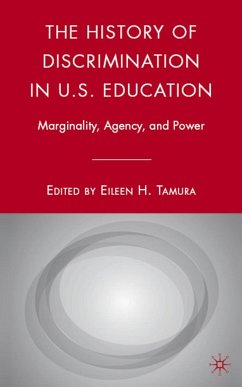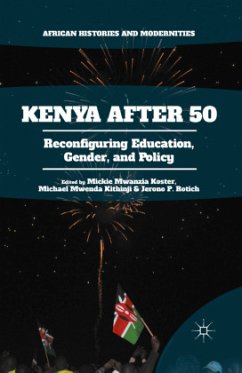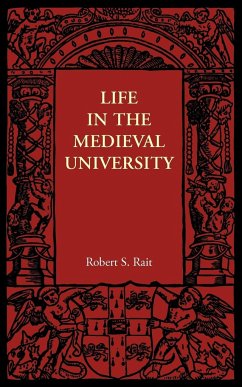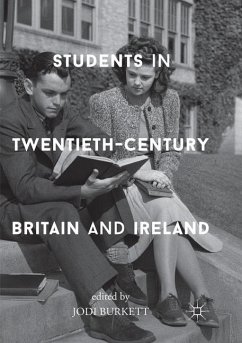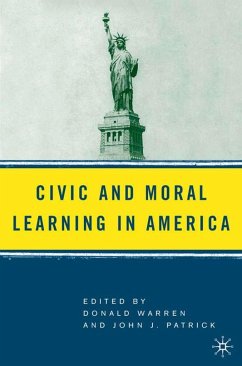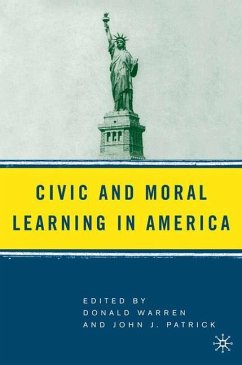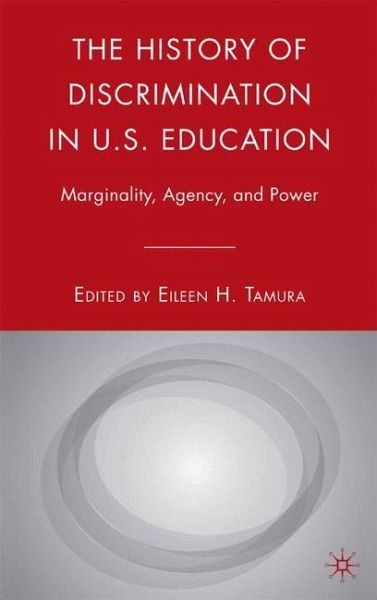
The History of Discrimination in U.S. Education
Marginality, Agency, and Power
Herausgegeben: Tamura, E.
Versandkostenfrei!
Versandfertig in 6-10 Tagen
38,99 €
inkl. MwSt.

PAYBACK Punkte
19 °P sammeln!
How have power and agency been revealed in educational issues involving minorities? More specifically: how have politicians, policymakers, practitioners, and others in the mainstream used and misused their power in relation to those in the margins? How have those in the margins asserted their agency and negotiated their way within the larger society? What have been the relationships, not only between those more powerful and those less powerful, but also among those on the fringes of society? How have people sought to bridge the gap separating those in the margins and those in the mainstream? T...
How have power and agency been revealed in educational issues involving minorities? More specifically: how have politicians, policymakers, practitioners, and others in the mainstream used and misused their power in relation to those in the margins? How have those in the margins asserted their agency and negotiated their way within the larger society? What have been the relationships, not only between those more powerful and those less powerful, but also among those on the fringes of society? How have people sought to bridge the gap separating those in the margins and those in the mainstream? The essays in this book respond to these questions by delving into the educational past to reveal minority issues involving ethnicity, gender, class, disability, and sexual identity.



